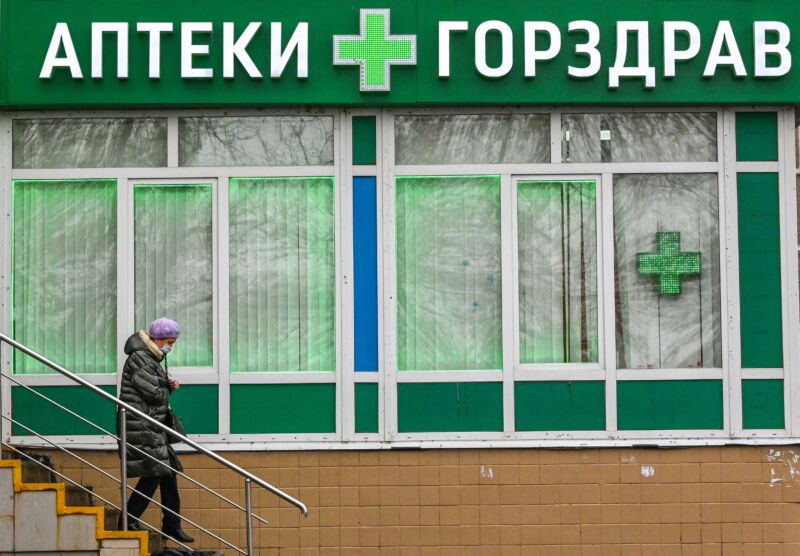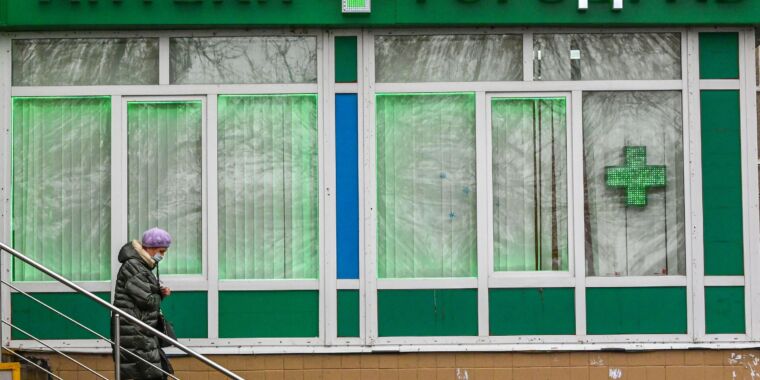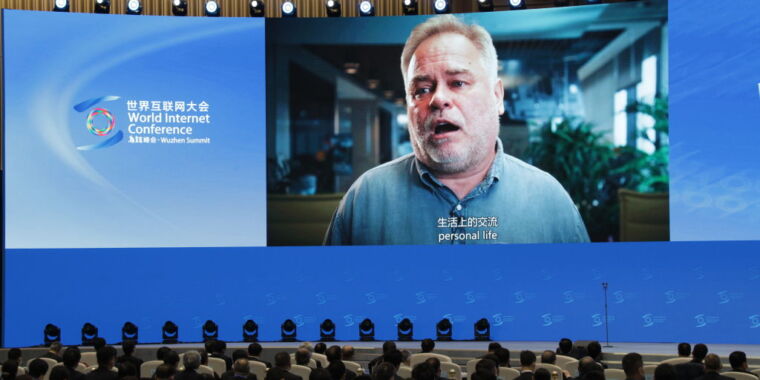
As Western countries continue to ratchet up sanctions and boycotts against Russia, the country’s citizens are panic-buying medicines, such as antidepressants, sleeping pills, and contraceptives, according to Reuters.
Between February 28 and March 13, Russians bought 270.5 million pharmaceutical items worth about $104 billion, according to sales data compiled for the Russian business newspaper Vedomosti. That two weeks’ worth of buying was comparable to what Russians bought at pharmacies for the entire month of January, which saw purchases of 280 million pharmaceutical items worth about $100 billion.
The analysis, carried out by Russian analytics company DSM Group, found that demand increased sharply for medicines, including antidepressants, sleeping pills, insulin, cancer and heart drugs, hormones, and contraceptives.
The surge is due to “fear,” Sergei Shulyak, general director of DSM Group, told Reuters. “The first fear was that everything could get more expensive,” he said, “and the second fear was that medicines they need won’t be available in some time. Those fears moved people. They stood in lines at pharmacies and bought everything.”
While Western countries and high-profile companies, such as Apple and McDonald’s, have imposed various punishing economic sanctions and boycotts, the pharmaceutical industry has largely resisted cutting Russians off. Many drug makers—and some ethicists—say that pharmaceutical companies have a humanitarian obligation to continue supplying vulnerable patients in the country with life-saving drugs, such as insulin, cancer therapies, cardiovascular drugs, and products for infants and pregnancy.
Earlier this month, Pfizer released a statement saying that it would “maintain humanitarian supply of medicines to Russians and donate all proceeds to providing direct humanitarian support to the people of Ukraine.” In a March 13 interview on CBS’s Face the Nation, Pfizer CEO Alberta Bourla elaborated, saying that the company’s activity in Russia accounted for “maybe less than half a percent of our total revenue,” but that war-time restrictions “don’t apply to medicines because it’s about lives.”
“How can you say, ‘I’m not going to send the cancer medicines to Russians because of what they did?'” he said.
Crime and punishment
Other big pharmaceutical companies, such as Johnson & Johnson, Roche, and Bayer, released statements similar to Pfizer’s. “Withholding essential health and agriculture products from the civilian populations… would only multiply the war’s ongoing toll on human life,” Bayer wrote in its statement.
But not everyone agrees on how pharmaceuticals should respond to Russia’s savage invasion of Ukraine, which has included at least 64 verified attacks on health care facilities, workers, and ambulances. Biomedical ethicist Julian Savulescu of Oxford and Ukrainian-born obstetrician Alex Polyakov of the University of Melbourne published a piece in The Conversation on Thursday arguing that pharmaceutical companies have not gone far enough. Instead, the companies should cut off Russians from all but essential medicines, as defined by the World Health Organization.
“Medicines not included on the essentials list should be withheld,” they wrote, including “drugs for non-life threatening complaints such as acne, erectile dysfunction, cosmetic medications, and fertility drugs. This action would be consistent with both their humanitarian obligations towards Russian patients and their obligations as global citizens.”
But others have gone further. In a controversial March 11 commentary in the publication Medscape, New York University medical ethicist Arthur Caplan argued that pharmaceutical companies should completely cut Russians off from medical products. “[N]o sale of medicines or therapies ought to be occurring, be they life-saving or consumer products,” he wrote.
He continued:
The Russian people need to be pinched not only by the loss of cheeseburgers and boutique coffee but by products they use to maintain their well-being. War is cruel that way, but if you tolerate a government that is bombing and shelling a peaceful neighbor to oblivion, then pharma must ensure… efforts to make Putin and his kleptocratic goons feel the wrath of their fellow citizens… [A]chieving a rapid, just resolution against tyranny permits no exceptions for pharma or any other business if it is a war that must be fought.
For now, DSM’s Shulyak sees the shortage of drugs as temporary as people stock up based on fear. He told Reuters that he expects supplies to stabilize shortly as domestic production and imports continue, though he acknowledged that prices could increase.








